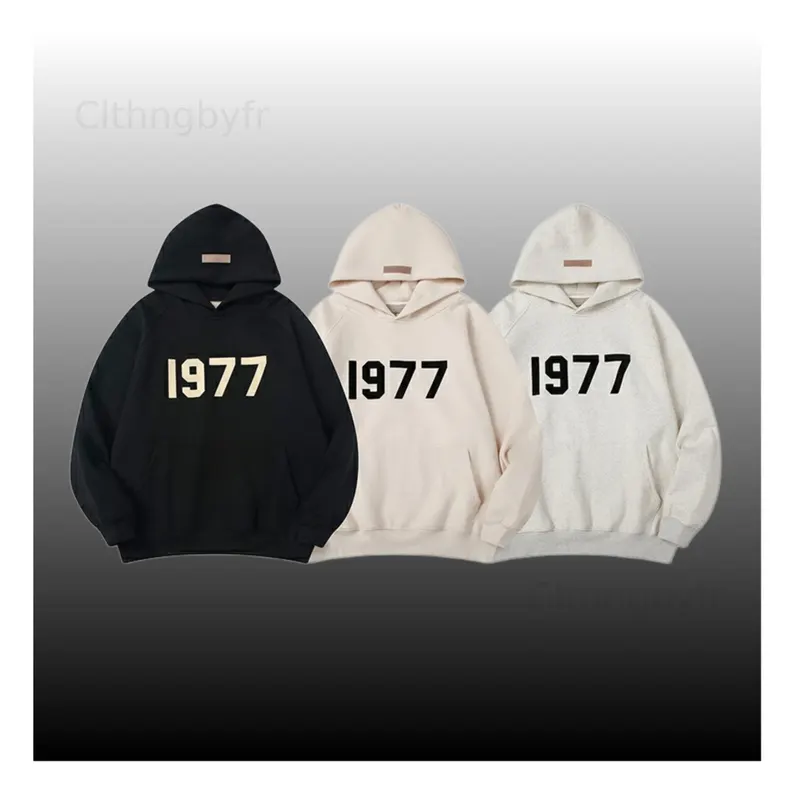Retail Industry Email List: The Ultimate Resource for Targeted Marketing Success

In today’s fast-paced digital world, businesses thrive when they connect directly with their target audience. One of the most powerful and cost-effective ways to achieve this is through email marketing. For companies that want to engage with retail professionals, decision-makers, and business owners, a Retail Industry Email List is an invaluable asset. This comprehensive database enables brands to establish direct communication with retail businesses, streamline marketing efforts, and boost ROI.
Whether you are promoting B2B products, offering services, or seeking strategic partnerships, having access to a verified retail email list can transform the way you do business. In this article, we’ll explore what a retail industry email list is, why it matters, its benefits, and how businesses can leverage it to achieve measurable growth.
What is a Retail Industry Email List?
A Retail Industry Email List is a well-organized database that contains verified contact details of retail professionals, businesses, and decision-makers across various sectors. These lists typically include:
- Business name
- Contact person (owners, managers, executives, directors)
- Email addresses
- Phone numbers
- Physical addresses
- Company size and revenue
- Industry type (grocery, clothing, electronics, luxury goods, etc.)
Such data gives businesses a direct channel to connect with retail stores, chains, and e-commerce businesses. Instead of spending months building a contact database manually, marketers can use pre-verified lists to launch campaigns quickly and effectively.
Why the Retail Industry is Important for Marketers
The retail industry is one of the largest and fastest-growing sectors worldwide. From small local shops to multinational e-commerce giants, retailers form a massive part of the global economy. Consider these points:
- Global Reach: Retail contributes trillions of dollars to the world economy annually.
- Diverse Niches: From clothing and grocery to electronics and furniture, retail covers almost every consumer need.
- High Marketing Demand: Retail businesses constantly need suppliers, software, technology, and services to optimize operations.
- Digital Growth: With the rise of online shopping, retailers rely heavily on digital marketing and communication.
This makes the retail industry a prime market for vendors, service providers, manufacturers, and B2B businesses looking to expand.
Benefits of Using a Retail Industry Email List
1. Targeted Marketing
A retail industry email list allows businesses to connect directly with the right audience. Instead of generic advertising, companies can focus on retail professionals who are more likely to purchase their products or services.
2. Faster Campaign Execution
Building a database from scratch is time-consuming. With a ready-made retail email list, businesses can immediately launch promotional campaigns.
3. Cost-Effective Communication
Email marketing is significantly cheaper than traditional advertising. When paired with a targeted list, it delivers better engagement and higher conversion rates.
4. Improved ROI
By reaching verified contacts, businesses reduce wasted effort and maximize return on investment. Every email sent has a higher chance of generating leads or sales.
5. Global Outreach
Retail email lists often include contacts from across different regions, allowing businesses to scale internationally without major additional costs.
6. Personalized Campaigns
With detailed information about business size, location, and type, marketers can create personalized offers tailored to each retail segment.
Who Can Benefit from a Retail Industry Email List?
A Retail Industry Email List is useful for a wide range of businesses, including:
- Suppliers and Manufacturers: To promote products directly to retail stores.
- Software Companies: Offering POS systems, ERP solutions, inventory management tools, and CRM platforms.
- Marketing Agencies: To pitch branding, advertising, and digital marketing services.
- Logistics Providers: Offering delivery, warehousing, or shipping services to retailers.
- Financial Institutions: Promoting business loans, merchant accounts, or investment opportunities.
- Consultants and Advisors: Assisting retailers in business growth, operations, and compliance.
Essentially, any business that provides products or services to retailers can benefit from a reliable retail contact database.
Types of Retail Businesses You Can Reach
A high-quality Retail Industry Email List covers multiple categories, including:
- Supermarkets and Grocery Stores
- Fashion and Apparel Retailers
- Electronics and Gadget Stores
- Furniture and Home Décor Retailers
- Health and Beauty Stores
- Automotive Parts Retailers
- Online/E-commerce Stores
- Luxury Goods and Jewelry Shops
By segmenting these categories, businesses can fine-tune their campaigns for maximum effectiveness.
Best Practices for Using a Retail Industry Email List
To make the most of your retail email list, consider these strategies:
1. Segment Your Audience
Divide the list based on industry type, company size, or location. This ensures your messages are more relevant.
2. Craft Engaging Subject Lines
The first thing your recipient notices is the subject line. Make it compelling, personalized, and benefit-driven to increase open rates.
3. Provide Value in Every Email
Retailers are busy professionals. Ensure your emails offer solutions to their challenges rather than just promoting products.
4. Use Personalization
Emails with personalized greetings and tailored offers perform significantly better.
5. Track and Analyze Campaigns
Monitor open rates, click-through rates, and conversions. Use this data to improve future campaigns.
6. Maintain Compliance
Always ensure that your campaigns comply with data protection laws like GDPR and CAN-SPAM. Respect opt-out requests and privacy guidelines.
Choosing the Right Retail Industry Email List Provider
Not all email lists are equal. When selecting a provider, look for:
- Verified & Updated Data: Ensure the list is regularly updated and verified to avoid bounced emails.
- Segmentation Options: A good provider allows filtering by geography, company size, or retail category.
- High Deliverability Rates: Reliable providers guarantee high inbox placement and low bounce rates.
- Customization: The ability to build tailored lists based on your target audience.
- Customer Support: Access to support in case of data issues or campaign advice.
The Future of Email Marketing in Retail
The retail sector is increasingly digital, and email remains a critical channel for communication. With the rise of AI-driven personalization, automation tools, and analytics, email marketing is becoming smarter and more impactful. Businesses that leverage a Retail Industry Email List will stay ahead by delivering targeted, timely, and relevant messages that drive engagement and sales.
Final Thoughts
A Retail Industry Email List is not just a database—it’s a gateway to building meaningful connections with retailers across the globe. By using a verified, targeted, and segmented list, businesses can streamline marketing campaigns, reduce costs, and increase ROI.
For companies that supply products, services, or solutions to the retail sector, this list is an essential marketing tool. It opens the door to thousands of potential customers, ensures direct communication with decision-makers, and supports long-term business growth.

